"It's Been Hell on Earth": Inside Alabama's Fertility Crisis
Last week, the state's Supreme Court ruled that frozen embryos are legally considered children. 'Marie Claire' spoke with affected women who are grappling with an uncertain future.
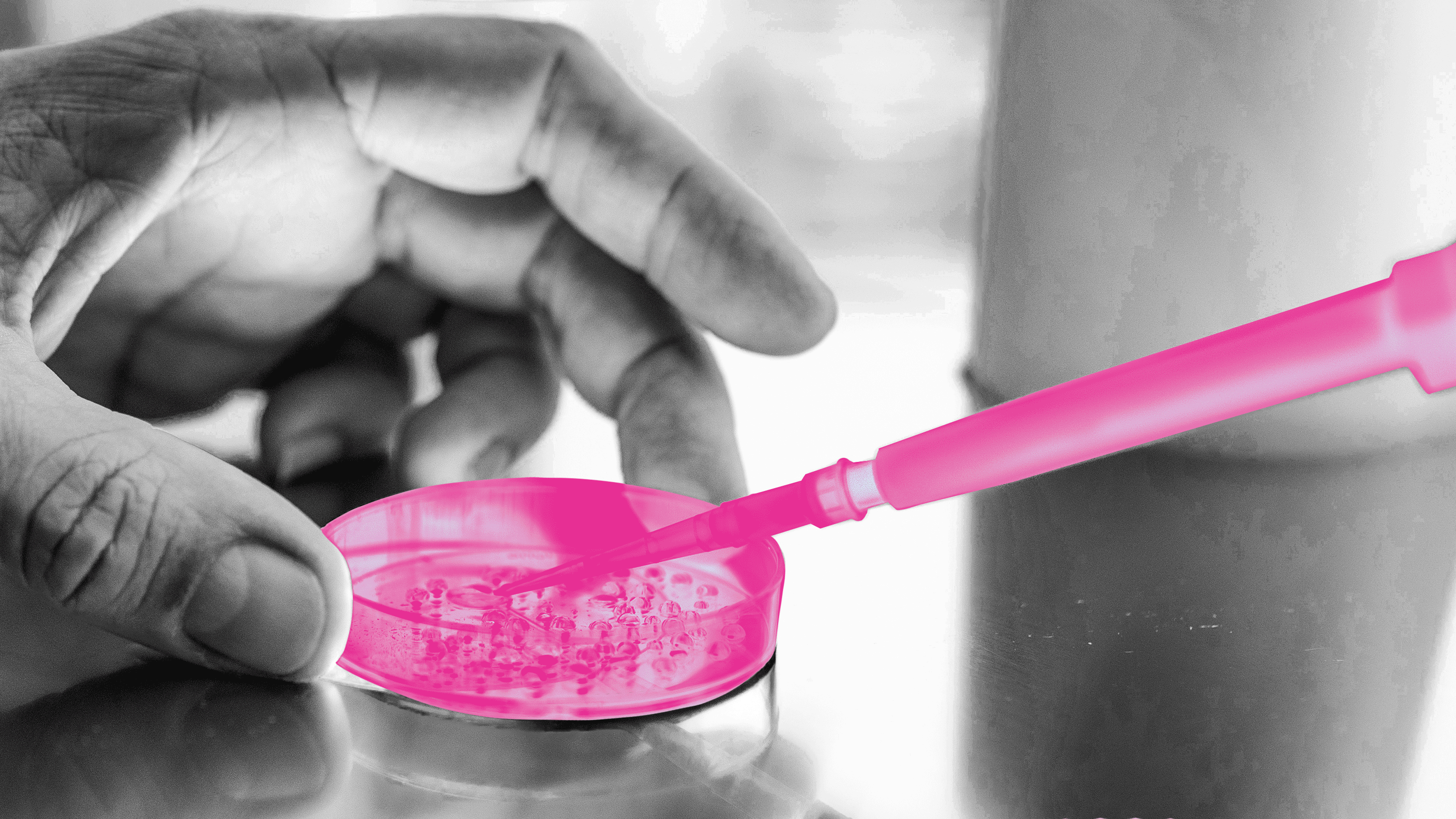
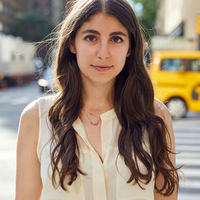
Last week, Alabama’s Supreme Court ruled that frozen embryos are legally considered children, a decision which put the entire practice of in vitro fertilization (IVF) into question in the state. Doctors and clinics that previously performed the procedure announced they would pause the practice for fear of being held liable if embryos are destroyed or damaged.
The consequences of the decision have rippled throughout the state, devastating people and couples who were counting on IVF to have biological children or have frozen embryos but are no longer allowed to do with them what they wish. “This ruling is extremely alarming,” says Elisabeth Smith, director of state policy at the Center for Reproductive Rights. “Granting legal personhood to embryos could have disastrous consequences for the use of IVF—a science many people rely on to build their families. Providers of IVF may stop offering IVF altogether or leave Alabama now that they could face penalties. This is part of the chaos we knew would ensue if Roe v. Wade was overturned. With politicians at the helm instead of doctors, reproductive health care is in crisis.”
In the wake of the ruling, three women share their stories with Marie Claire.

I had my first IVF consultation in October 2022. I was single at the time but I knew I wanted to freeze my eggs. I was told it was better to freeze embryos. Especially being in the LGBTQ+ community, I knew it was something I needed to do. My first round [of egg retrievals] was in January 2023 at University of Alabama at Birmingham (UAB). I did a second round in July at Alabama Center for Reproductive Medicine. It went very well and I now have six frozen embryos of top grade waiting for me.
I met Kandis, my fiancée, in February of 2023 when I was already on my IVF journey. It was somewhat humorous. Like four months into our relationship as a lesbian couple, we were going through IVF together. We got engaged at the end of November. We’re definitely a team on this. She’s been my rock.
Obviously, the biggest fear is IVF treatment being banned altogether or having something happen where I won’t be allowed to transfer my embryos out of state. This week has been hell on earth. The past couple of days, I’ve been glued to my computer and making phone calls. We called my clinic in Birmingham to ask what we needed to do for them to release my six embryos, but they don’t know when the paperwork will be ready. So even if we were to find somewhere to ship them, we can’t do anything yet.
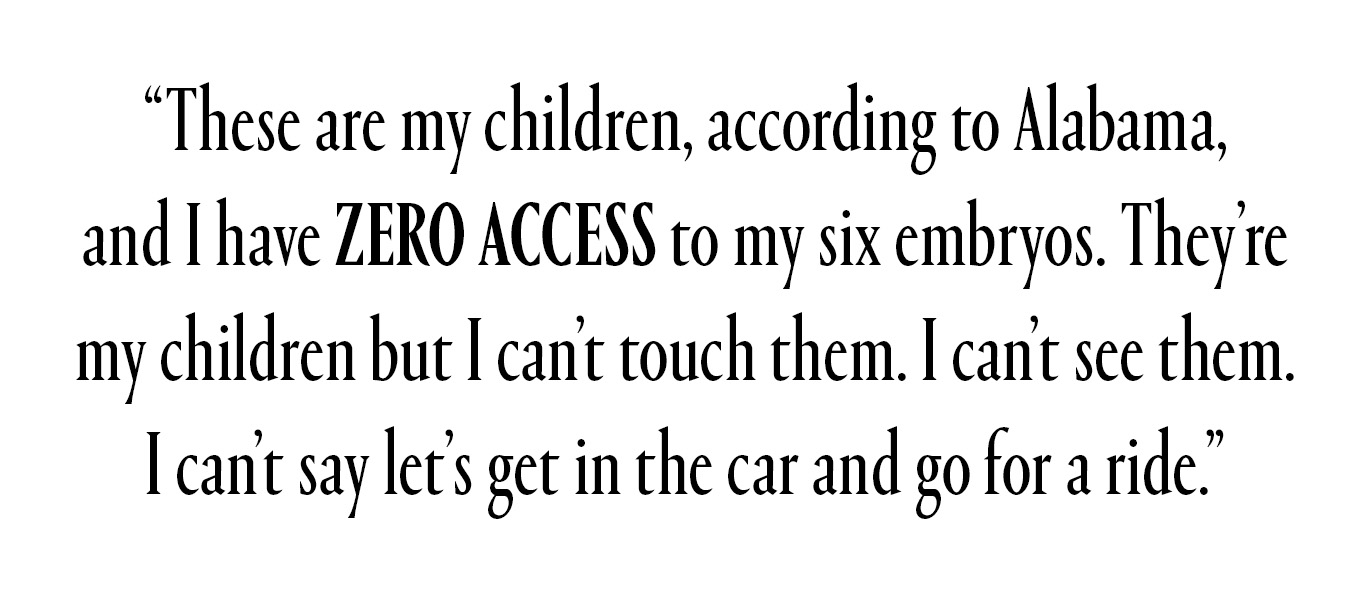
All of the rules are changing so fast here in Alabama. I’m afraid Alabama will say you can’t transfer your embryos out of state. We had a company who was ready to transfer our embryos to Connecticut when the clinic had the paperwork ready, but we just got an email saying they are pausing shipments out of Alabama [for fear of being prosecuted if something happens to the embryos].
Stay In The Know
Get exclusive access to fashion and beauty trends, hot-off-the-press celebrity news, and more.
I broke down yesterday, a full-blown meltdown. I am so tired. These are my children, according to Alabama, and I have zero access to my six embryos. They’re my children but I can’t touch them. I can’t see them. I can’t say let’s get in the car and go for a ride. I have seen a couple of companies and clinics offering free services for shipment, but honestly, I worry that they're going to keep shutting down.
It’s not just about gay and lesbian couples. This affects every couple who has fertility treatment or needs assisted reproductive technology. Other states could follow suit, which is a scary thing.

My husband and I started trying for kids two years ago, and we tried for a year without any success. We went to see a reproductive endocrinologist at UAB, one of the clinics that’s shut down now, and were diagnosed with unexplained infertility in August 2023. We did three rounds of Letrozole, which is an oral medication to help increase the odds of pregnancy. We were very lucky because it worked the first time. But then we miscarried in November. It was absolutely one of the hardest things we have gone through.
We did a second round of Letrozole, then a third round, and then we started doing IUI [aka intrauterine insemination, which is a procedure that places specially prepared sperm directly in the uterus] in January. Our first round didn’t work. We did our second round in February, and we found out that didn’t work the same day we found out UAB was pausing their IVF program. That was a hard day.
We had planned on doing a third IUI in March and then probably going straight to IVF in April. But that’s all on hold now. Technically we can still do our third IUI, but the statistics of successful IUIs go down significantly after three rounds.

We had never planned on telling everybody about our whole story. But like everyone in Alabama…we’re overwhelmed, we’re tired, we’re sad. We are absolutely terrified. What happens next? We’ve talked about transferring our care to other states like Tennessee or Georgia, but it’s very scary to even think about going out of state because what if the same thing happens there? We even thought about moving but it’s so scary to even think about uprooting your whole life for something that is no longer a guarantee where you go. Also, we really love our physician here. You build such a rapport and I don’t want to give that up.
This ruling is having a much bigger effect than people realized. I am also so worried—not just about the one in six couples who are struggling with infertility—but also that we are going to lose some of our incredibly gifted physicians. Not just our reproductive endocrinologists, but our neonatologists who take care of our tiny, tiny preterm babies, and OB-GYNs. Those physicians are so valuable to all of the women in Alabama because they provide all of the referrals from mammograms, they provide pap smears for cervical cancer screenings. They provide so many of those preventative health things. They might not want to practice here anymore because of the liability.
It could do things to our economy, too, because we may not recruit people to move to Birmingham or Huntsville because it’s going to be a lot harder to make a family here. I wish we could go back and have those discussions before the Supreme Court ruled without thinking about the ramifications.

I have a condition called endometriosis. I struggled with fertility, even in my 20s, and was told that due to my condition I would need fertility help. But I conceived my first child naturally at 21. My daughter is now 12. Then I was put on birth control to suppress my endometriosis. Ten years later, my doctor told me my endometriosis was not suppressed. They said, “Your insides look like a complete mess and the only way, if you want to conceive, is through IVF.”
I started the process with CRM here in Mobile. I consider the clinic family. It was a very hard journey. I had four miscarriages. We transferred one frozen embryo each time and I lost four embryos the first four times. For the second egg retrieval, I got four more embryos. We transferred two on the fifth transfer to get one baby, and I got twin boys. The doctors say I got double for my trouble. But without science, those doctors, and God, I wouldn’t have my babies.
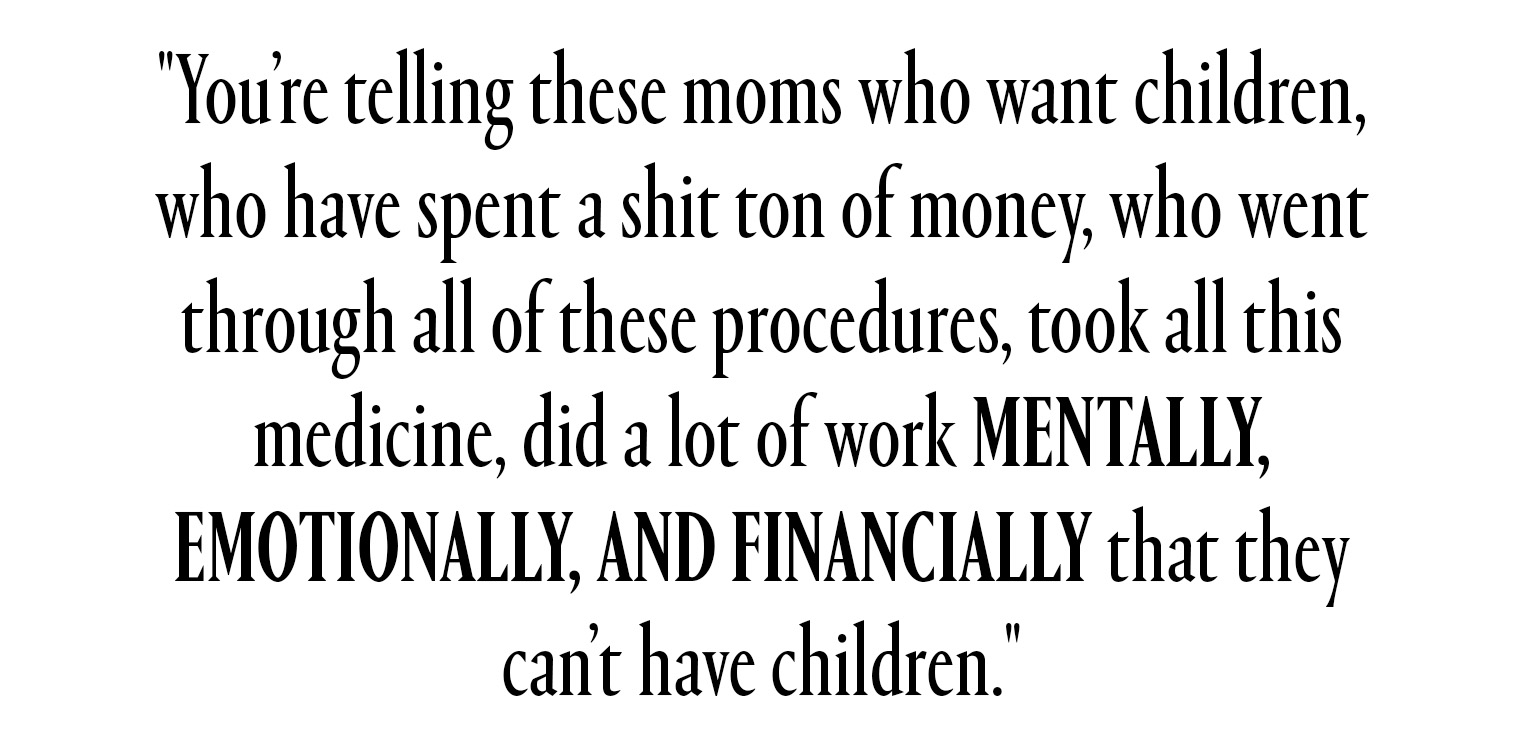
I can’t do another transfer because the hormones for the egg retrieval overstimulate my body. When my boys turned a year old, we donated my embryos to science so I don’t have any frozen embryos anymore. A lot of women have hormone issues with endometriosis, so it’s hard for them to get good embryos. Because I was able to get good embryos, I wanted them to be able to research that and help another mom.
In my opinion, if the people who made the [ruling] truly understood the science behind all this, they would understand that the embryos, even once implanted, still have to grow. They don’t have a heartbeat. They don’t have anything. Just because they’re frozen does not mean they can survive. Like I said, I had two implantation failures, and two that did implant but didn’t make it past the first six weeks.
If I still had frozen embryos or was going through IVF, I would be devastated. It’s so hard to get to that step of freezing your embryos and hope that this is it. For that to be snatched away is heartbreaking. You’re telling these moms who want children, who have spent a shit ton of money, who went through all of these procedures, took all this medicine, did a lot of work mentally, emotionally, and financially that they can’t have children. It’s heartbreaking. It removes all hope for them to possibly have their own biological child.
Jessica Goodman is the New York Times bestselling author of The Counselors, They'll Never Catch Us, and They Wish They Were Us. She is the former op-ed editor at Cosmopolitan magazine, and was part of the 2017 team that won a National Magazine Award in personal service. She has also held editorial positions at Entertainment Weekly and HuffPost, and her work has been published in outlets like Glamour, Condé Nast Traveler, Elle, and Marie Claire.
-
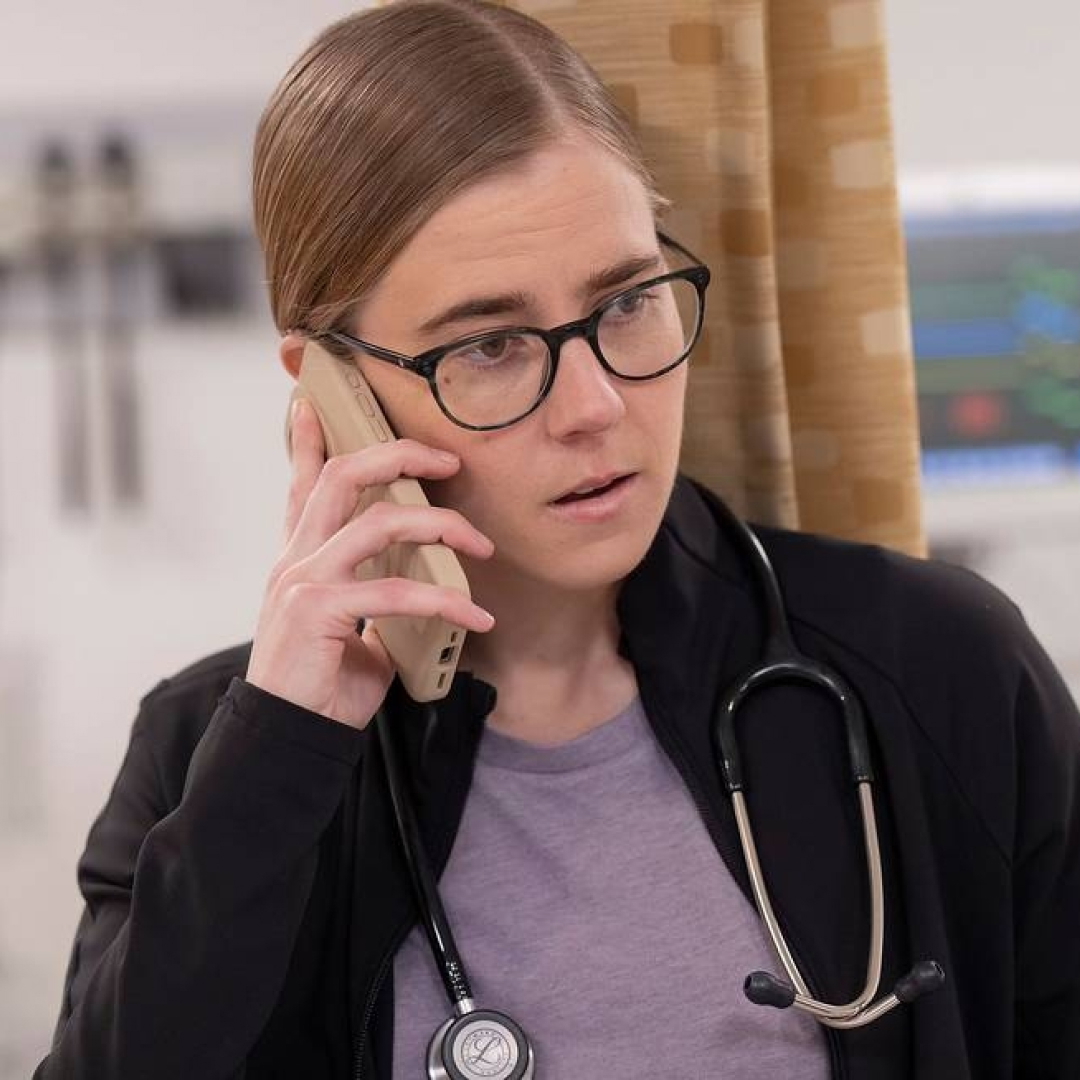 'The Pitt' Star Taylor Dearden Says She Sees Her and Dr. Mel's Neurodivergence as "a Superpower"
'The Pitt' Star Taylor Dearden Says She Sees Her and Dr. Mel's Neurodivergence as "a Superpower"Here's what to know about the Max series's breakout star, who just so happens to come from TV royalty.
By Quinci LeGardye Published
-
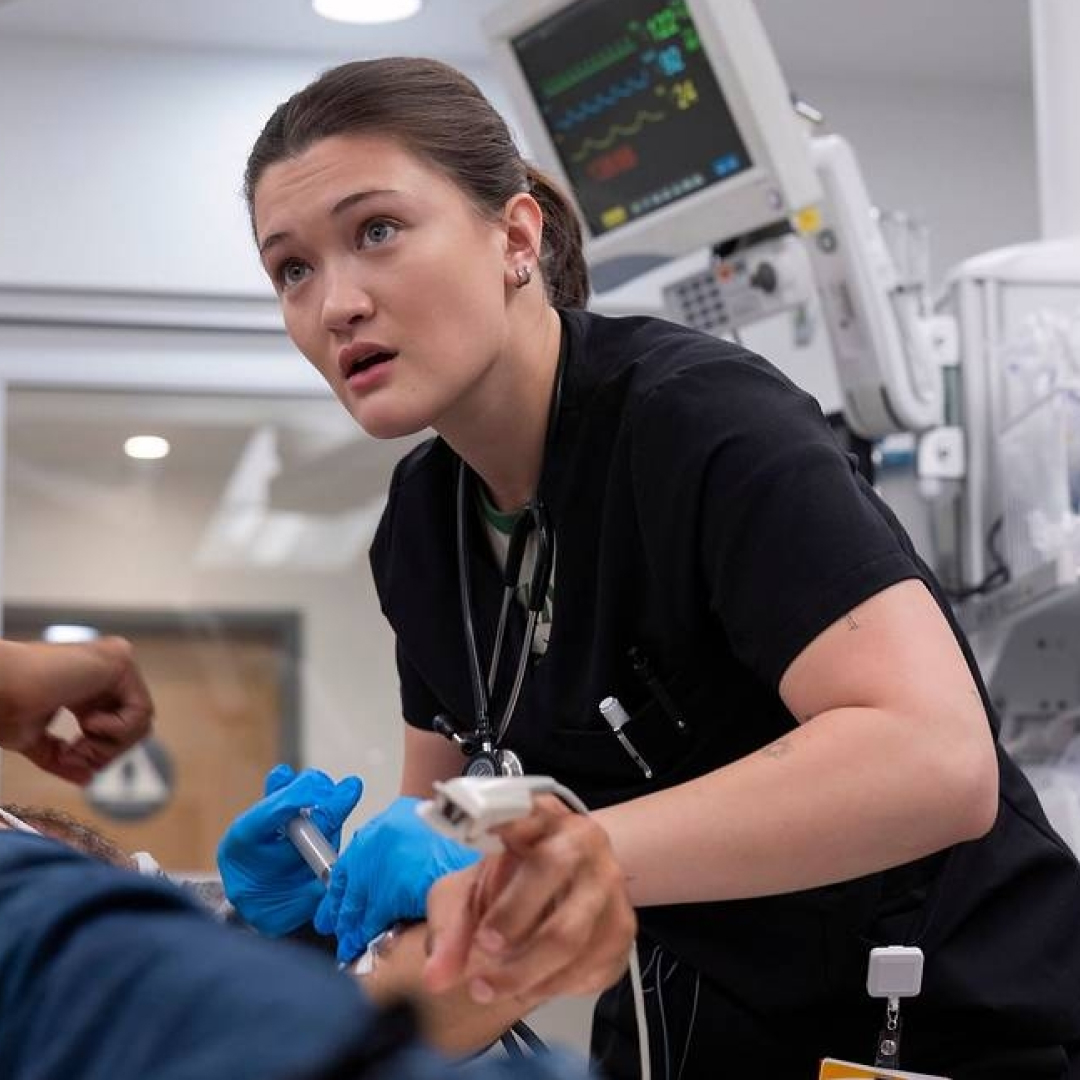 We Owe Trinity Santos From 'The Pitt' an Apology
We Owe Trinity Santos From 'The Pitt' an ApologyThe season finale of the smash Max series proved that the most unlikable character on TV may just be the hero we all need.
By Jessica Toomer Published
-
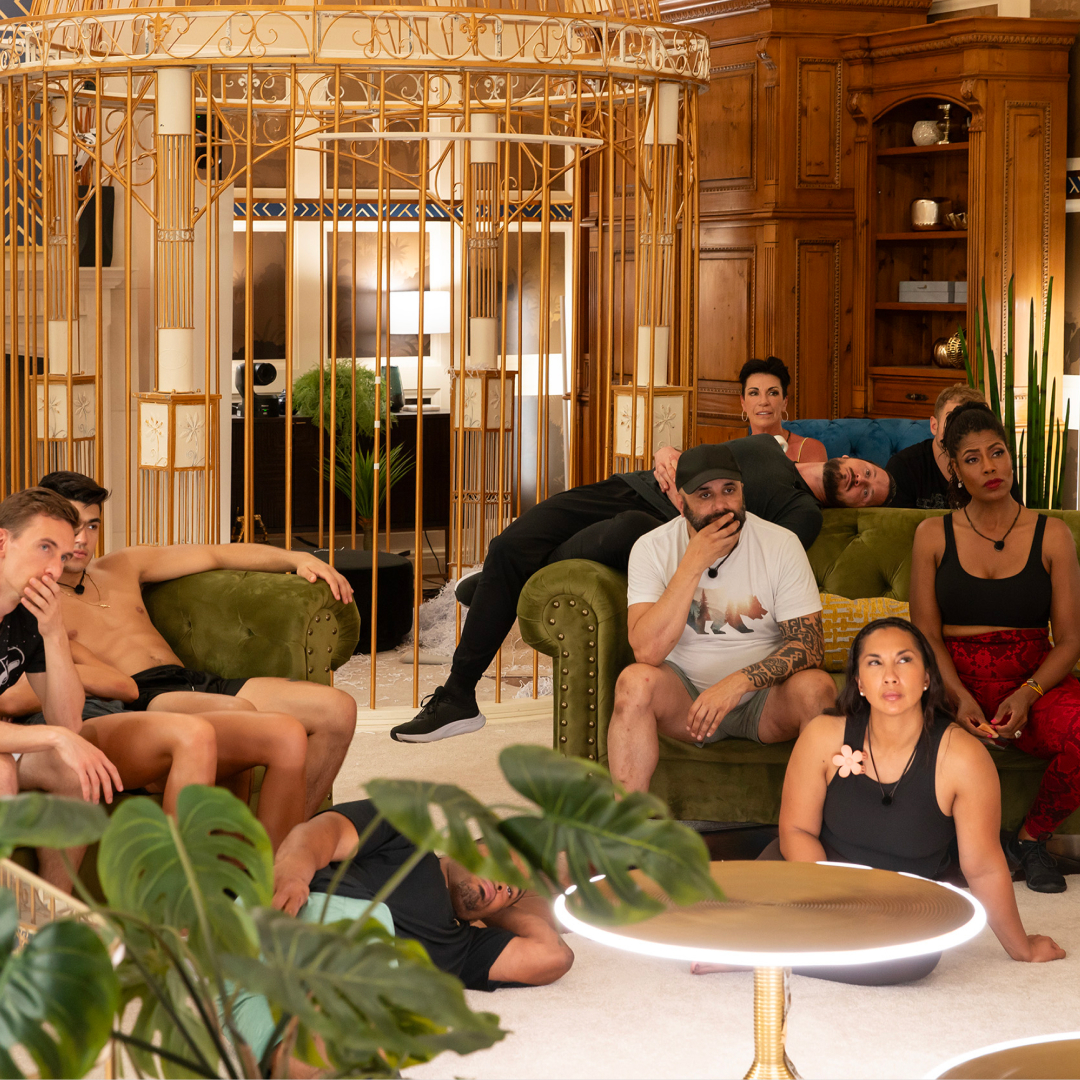 Your Guide to the Cast of 'Got to Get Out,' Which Pits Reality TV Alums Against Each Other for a Chance at $1 Million
Your Guide to the Cast of 'Got to Get Out,' Which Pits Reality TV Alums Against Each Other for a Chance at $1 MillionHulu's answer to 'The Traitors' is here.
By Quinci LeGardye Published